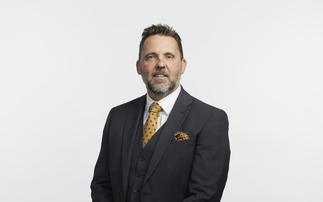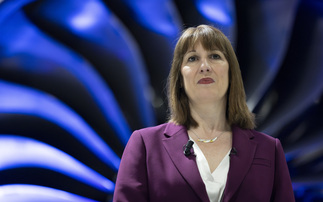Janus Henderson explain how they apply a low volatility, absolute return mindset to fixed income investing
The temptation when faced with uncertainty is to do nothing. It is not a bad strategy per se. In fact, in the world of football, when faced with penalties, goalkeepers who stayed in the middle of the goal would potentially save more penalties than those who dive to one side or the other. Yet goalkeepers feel less bad (and fans are potentially more forgiving) when they appear to be doing something even when it may not be optimal.
For savers and investors, the equivalent of doing nothing is holding cash. Again, it is not a bad strategy. In fact, the first rule of investing is to hold sufficient cash to fall back on in time of need. Yet is it optimal?
Nick Maroutsos, one of the portfolio managers on the Janus Henderson Absolute Return Fixed Income Fund, sees a role for cash but believes that holding too much in today's environment can be detrimental. "For most investors, whether you are in the US, the UK, or the eurozone, it is hard to get a real return on your cash. Inflation is effectively eroding the value of your savings."
For bigger and wealthier investors in Europe, the outlook for cash returns is bleak as central bankers impose ever lower interest rates. In Switzerland, negative interest rates are even being applied to large household deposits and not just to institutional clients. In such instances, doing nothing means seeing your cash shrink, not just in real terms but in nominal terms too.
Seeking the middle ground
Investors have plenty of reasons for seeking to allocate capital conservatively. The US-China trade war has dampened an already anaemic global economic growth outlook, while geopolitical risks such as Middle East tensions and Brexit are on investors' minds. Maroutsos recognises the challenge: "You can't blame investors for wanting to protect their capital. Equity markets are near all-time highs, so the threat of a correction is a real possibility. But where do they turn to when supposedly safe government bonds have low or negative yields and cash rates are so low?"
Maroutsos believes there is a middle ground where investors can make their cash work harder. In his view, applying an absolute return approach to a fixed income portfolio can help: "Rather than accepting low returns, by expanding their universe, investors can uncover opportunities that mimic the risk and performance characteristics one would historically expect from shorter-term cash-like instruments."













